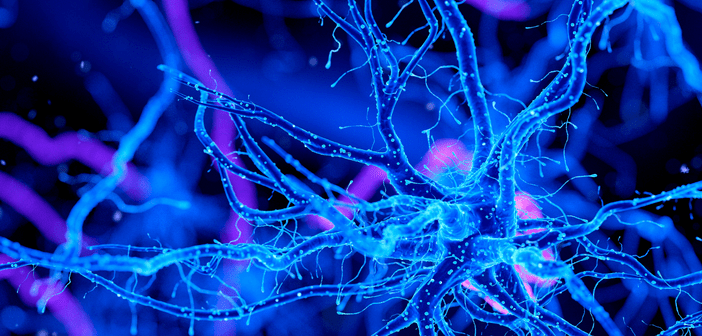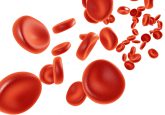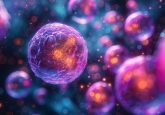Connecting a common dietary supplement to reduced biomarker levels of Alzheimer’s disease in the brain

Nicotinamide riboside (NR), a naturally occurring dietary supplement, has been ascertained to enter the brain and modulate the metabolism of biological pathways implicated in neurodegenerative diseases, such as Alzheimer’s disease.
This new finding was discovered by Christopher Martens, assistant professor of kinesiology and applied physiology and director of the Delaware Center for Cognitive Aging Research (DE, USA), and Dimitrios Kapogiannis, a senior investigator at the National Institute on Aging (MD, USA). Their research, supported by a National institute of health (NIH) grant, and in part by the Intramural Research Program of the NIH National Institute on Aging, was newly published in the journal, Aging Cell.
After ingestion, NR is promptly converted into nicotinamide adenine dinucleotide (NAD+), which is a coenzyme central to metabolism, cellular repair and the repair of damaged DNA.
Martens commented,
“NAD+ is gradually lost as we get older or develop chronic diseases. Loss of NAD+ is linked to obesity and other negative lifestyle habits like smoking,”[…]“Because more NAD+ is needed to counteract those negative consequences, it’s more likely to be depleted in the face of negative lifestyle habits.”
Martens had previously examined the compound in an initial study, where he discovered that levels of NAD+ could be heightened in the blood when patients ingested NR. It was, however, unclear whether NR could reach and disseminate to other tissues in the body.
“We had some preliminary signs of efficacy, including lower blood pressure in people who had high blood pressure to begin with,” he stated. “But until now, it was unknown whether NR reached targeted organs like the brain to have a real therapeutic effect.”
You may also be interested in:
- Top 5 journal articles on Alzheimer’s disease and biomarkers
- Biomarker found to detect Alzheimer’s disease years before symptoms occur
- In the Zone: biomarkers and Alzheimer’s disease
Quantifying the levels of NAD+ in the human brain in humans is difficult, as the current and emerging techniques containing MRI only offer an indirect measure and are very expensive and challenging to conduct. To combat this, Martens and his research team measured NAD+ directly in extracellular vesicles that had been derived from neurons and travelled into the blood. These extracellular vesicles act as blood-based biomarkers for neurological disorders and act as a ‘liquid biopsy’ of the nervous system.
Martens explained,
“Each vesicle has a unique molecular signature on its surface, including proteins that give you clues about its origin,”[…]“In our case, we selected vesicles that carry markers that are characteristic of neurons, and so we have confidence that the NAD+ we measured in them reflects what happens in the neurons, and by extension the brain.”
It is postulated that in the future, these blood-based biomarkers may be used to establish if NAD+ depletion is implicated in the etiology of Alzheimer’s and other neurodegenerative diseases. Martens and his team are managing a 12-week study for the use of NR in older adults with mild symptoms of cognitive impairment. The study looks to examine whether increased consumption of NR will have an even greater effect in people with cognitive impairment.
“They’re coming in with cognitive deficits, and as a result, are more likely to have an accumulation of some of these biomarkers in their brain, so there’s a chance we’ll see bigger reductions in these biomarkers because they have more of them in their cells,” Martens stated.
After hopefully proving its efficacy, Martens and Kapogiannis are looking to examine whether an increased usage of NR will lead to improvements in cognition, and eventually, be used as a means to slow the progression of neurodegenerative diseases.
Martens remarked,
“We were among the first to do a chronic dosing study in humans, and as a result, we’ve been at the forefront of this field for a few years,”[…] “Now, we’re at a turning point, where we can start to determine whether NAD+ increases in other tissues as well, and that’s likely where the more important signal will be in terms of resolving disease.”
Source: Vreones M, Mustapic M, Moaddel R. et al. Oral nicotinamide riboside raises NAD+ and lowers biomarkers of neurodegenerative pathology in plasma extracellular vesicles enriched for neuronal origin. Aging Cell. 22, doi: 10.1111/acel.13754 (2023), press release: https://www.eurekalert.org/news-releases/980761





